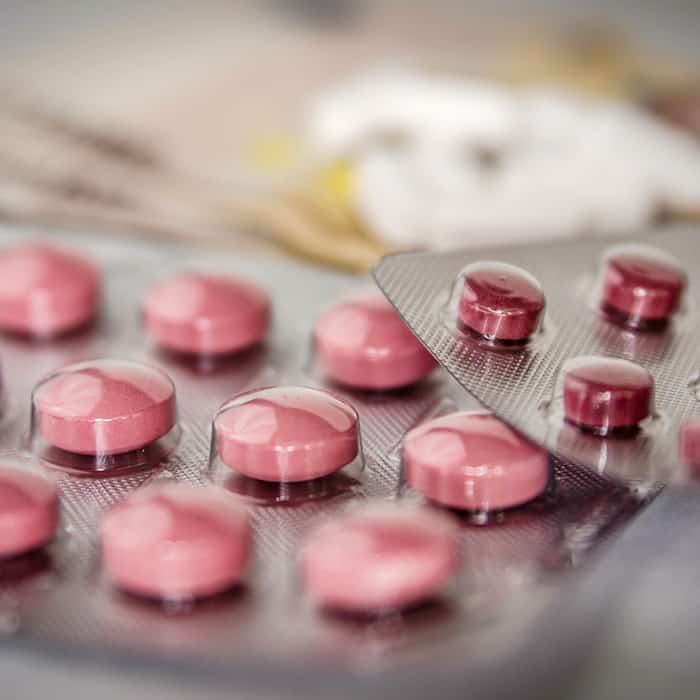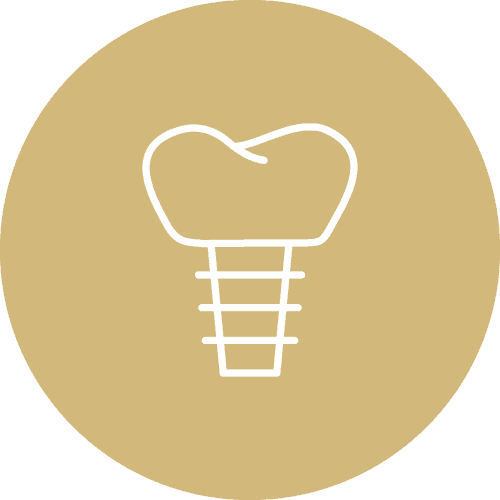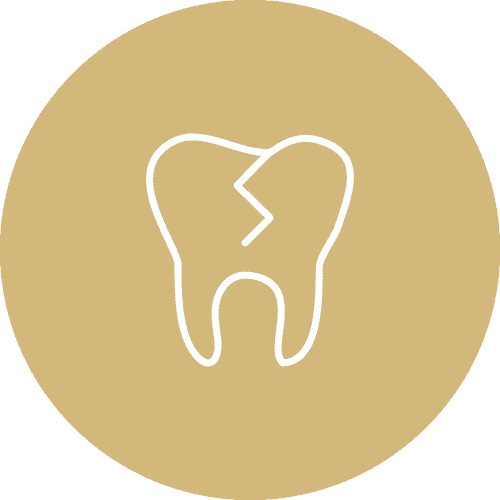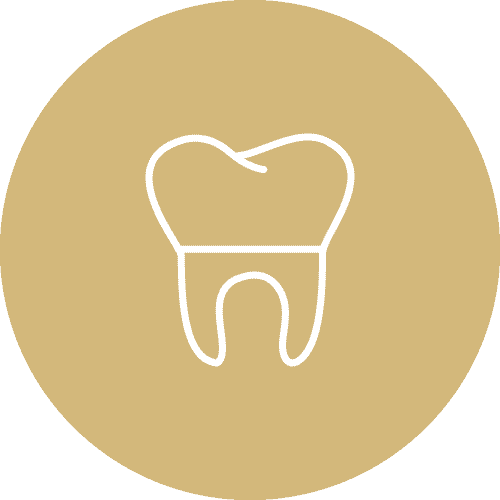MEDICAL PROBLEMS are things none of us ask for but many of us have, and with medical problems come medications. Unfortunately, along with medications come side-effects, and these often have a negative impact on oral health.
THE DELICATE BALANCE OF OUR MOUTHS
Our oral health does best when our mouths can stay close to a neutral pH — neither acidic nor basic. The food and drink we consume tends to temporarily disrupt this pH balance, and so does medicine. When children eat chewable vitamins or drink syrupy medicine that contains sugar, it feeds their oral bacteria, which excrete acid onto their teeth. This acid wears away at their tooth enamel.
Another common problem with children’s medication comes from asthma inhalers, which can lead to the development of oral thrush (white fungus patches in the mouth). The easiest way to avoid any of these issues is to encourage our children to rinse with water after eating vitamins, using their inhalers, or drinking cough syrup.
ORAL SIDE-EFFECTS OF MEDICATIONS
Even if the medication doesn’t do any damage while you’re ingesting it, it can still be harmful to your mouth over time, so let’s look at some of the side-effects that might show up after starting a new medication.
- Dry Mouth. This is the most common oral side-effect of over-the-counter and prescribed medications. Our saliva is our first line of defense against bad oral bacteria, and when it dries up, it leaves us vulnerable to tooth decay and gum disease.
- Abnormal bleeding. Some medications contain blood thinning components, and this makes it easier for us to bleed. If you start noticing more bleeding from your gums after brushing, it could be because of the medication.
- Inflamed gums. Gingival overgrowth (or excessive growth of gum tissue) is a side-effect of several medications, and it increases the risk of gum disease.
- Change in taste. Heart medications, nervous system stimulants, and anti-inflammatory drugs can leave a bitter or metallic taste in your mouth or interfere with your sense of taste in general. While unpleasant, this side-effect isn’t necessarily serious.
- Bone loss. In rare cases, drugs used to treat osteoporosis can cause a loss of bone tissue in the jaw, putting patients at risk of tooth loss and gum recession.
YOUR DENTIST CAN HELP!
No matter what medication you take on a regular basis, whether prescription or over-the-counter, it’s critical that your dentist knows about them. Sometimes, the oral health side-effects can be minimized or stopped, but only if the dentist knows! So if you’re taking medications, especially if you’ve noticed any of the above problems, make sure to mention them during your next dental appointment!
REMEMBER TO SPEAK UP ABOUT YOUR MEDICATIONS!
The content on this blog is not intended to be a substitute for professional medical advice, diagnosis, or treatment. Always seek the advice of qualified health providers with questions you may have regarding medical conditions.









